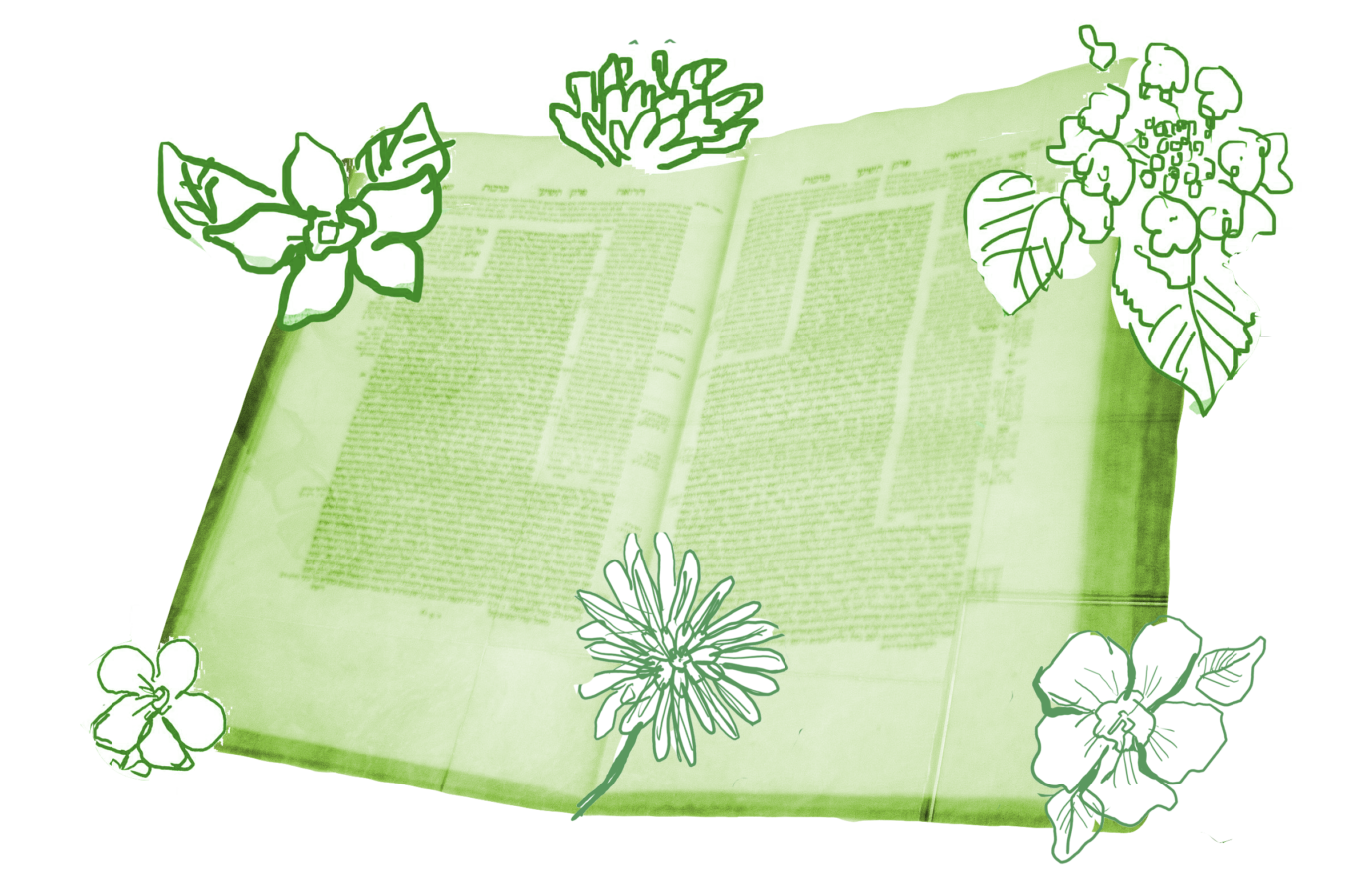A mishnah on yesterday’s daf introduced the concern of an unmarried woman who slept with a man and later claimed that her paramour had been a priest. (Or, maybe she was only secluded with him and it is uncertain whether they had sex — the Gemara considers both possibilities.) Should we believe her that the man was a priest? Or should we suspect him of having a very different (and less desirable) status?
In that mishnah, Rabban Gamliel and Rabbi Eliezer say her word is credible, while Rabbi Yehoshua says not only do we not trust her word, but in the absence of external proof, we should assume that she had sex with a man of problematic lineage.
A page later, the Gemara finds an apparent inconsistency in Rabbi Yehoshua’s thinking. In the mishnah, Rabbi Yehoshua says we don’t believe an unmarried woman about the lineage of a man with whom she had a relationship. But elsewhere, Rabbi Yehoshua says a widow is believed when she says that her deceased husband was of unflawed lineage. This is offered as a challenge to his position in the mishnah: Why would he believe the widow about the status of her dead husband, but not the unmarried woman about her onetime lover?
The Gemara comfortably swats this concern away. A wife, Rava points out, is sure to research her husband’s lineage thoroughly before she marries him. But a woman who has an extramarital relationship? Well, we can’t necessarily assume she’ll be so diligent about vetting him.
Why does any of this matter? Because the woman who has slept with a person of questionable lineage is disqualified from marrying a priest.
Now that they are on the subject of widows of men of uncertain status, the Gemara continues this line of inquiry. A beraita (an early teaching) is brought which teaches exactly which “questionable lineages” are disqualifying:
Who is the widow whose late husband was a member of a priestly family of questionable lineage and is fit to marry a priest? It is one who married into any family that does not have the status of being unfit, neither due to uncertain mamzer status, nor due to uncertain Gibeonite status, nor due to uncertain status as slaves of kings.
Rabbi Meir adds:
I heard that for the widow of any family that has none of these uncertainties associated with it, one allows her to marry members of the priesthood.
The widow may remarry into the priesthood as long as there is no uncertainty in her first husband’s lineage specifically with respect to mamzerut or Gibeonite or slave descent. These were categories that did not clear from a person’s line through conversion or the passing of generations.
The rabbis now turn to exploring how a person can prove unsoiled lineage. Few people these days — let alone long ago — know much about their ancestors more than three or four generations back. It’s not surprising that proving lineage was considered a challenge. What standard should one use?
Once again there is disagreement, but one view, as Rabbi Yohanan reports, is how the priest and his family respond to being accused of flawed lineage:
The first tanna (of the previous beraita) holds: Anyone who when others call him unfit and he is silent, is unfit … Who is the widow whose late husband was a member of a priestly family of questionable lineage who is fit to marry a priest? It is one who married into any family that has neither unfitness due to silence in response to allegations of mamzer status, nor silence in response to allegations of Gibeonite status, nor silence in response to allegations that they are slaves of kings…
In other words, we trust priests from families that strenuously dispute the charge of flawed lineage. This view does not go unchallenged, particularly as regards certain specific kinds of problems in the lineage. But it’s worth pausing to consider the basic point here: We listen to what the priest says.
In this tractate, we have often seen suspicion of what people say. For instance, a few days back, we saw that a woman who claims to be a virgin can’t necessarily be trusted. (In theory, at least — in practice it may have been different.) Today at least some rabbis concede that the best metric for gauging the truth about a person’s family is what they themselves have to say.
Read all of Ketubot 14 on Sefaria.
This piece originally appeared in a My Jewish Learning Daf Yomi email newsletter sent on July 20th, 2022. If you are interested in receiving the newsletter, sign up here.


